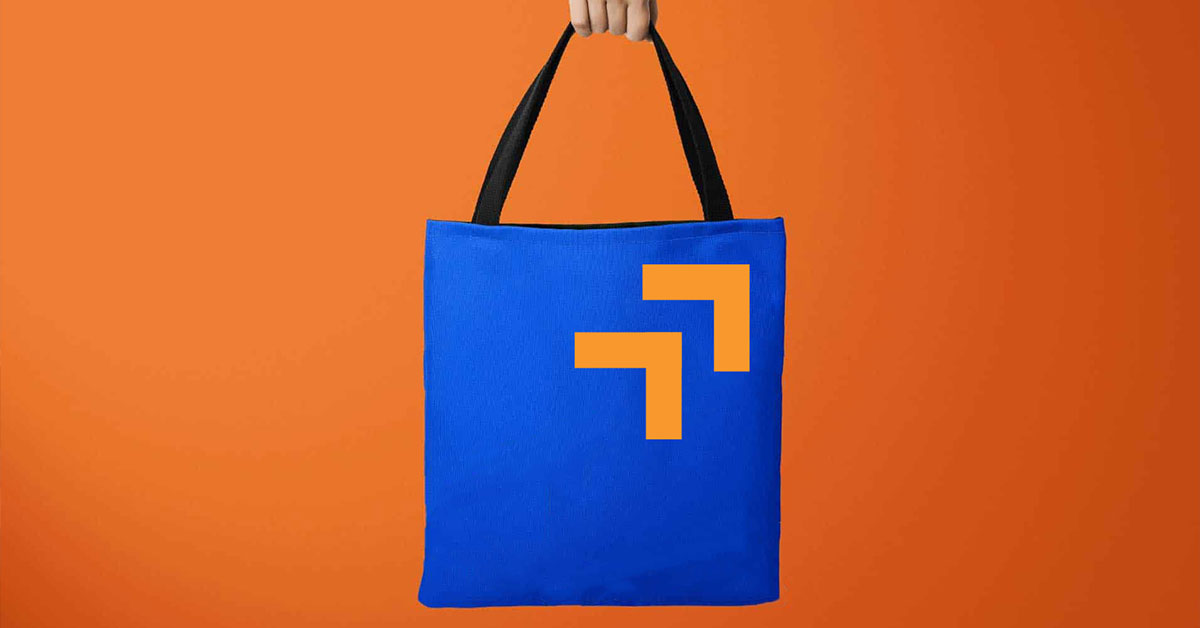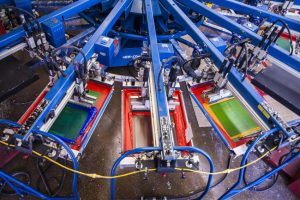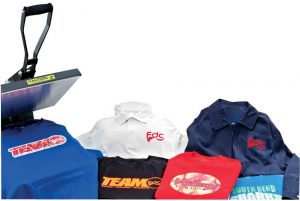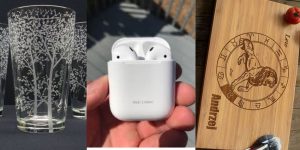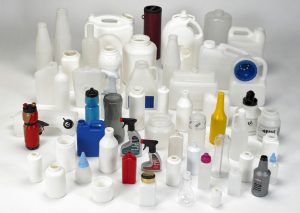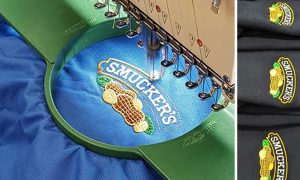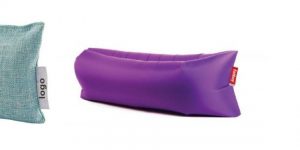Add Your Private Label on Product & Packaging
Private label is the best way for customers to distinguish your products from others. If your products are always built with high quality and good design, customers will pay higher prices and stay loyal to your brand.
Below we provide 7 best methods to private label your products with the estimated costs for each solution in China.
Solution 1: Screen Printing (or Silk Screen)
Screen printing is the most common and widely used method for adding a private label on both the product and packaging. It can be applied to products made from almost all kinds of materials such as plastic toys, glass bottles, stainless cups, rubber dumbbells, etc. If you are buying more than 500 items, screen printing is the easiest and cheapest way to add your private label.
Most Chinese factories can offer screen printing service for free if you make a $2000+ order. Or they will charge you around a $60 fee for creating a printing plate of your logo, and around $0.02 per item labor fee for printing. If the supplier doesn’t offer this service, you can easily find a printing supplier in China to do the job.
The only drawback of screen printing is that it’s not suitable for multi-colored patterns, especially a gradient color design. If you want to print your gradient color logo on products, you should think about thermal transfer or go with a non-print method.
Solution 2: Thermal Transfer
The thermal transfer printing process is more complicated than silk printing and it requires a temperature range from 140℃ to 180℃. Therefore, it’s a little bit more expensive than silk printing and has some restrictions on materials. It’s applicable to ABS, PE, PP, EVA, leather, stainless steel, wood, glass and more.
If you have a really fancy pattern with gradient color, thermal transfer would be your best choice. The cost is around $100 for creating the printing plate, and $0.04 printing fee for the 7×7 cm size gradient color logo.
Solution 3: Laser Printing / Engraving
Laser printing, or laser engraving, gives your product a rather high-quality appearance.
Usually it doesn’t require a huge MOQ as there’s no need for plate making. For mass production, it may cost you $0.01-$0.15/unit, depending on the quantity and size.
Solution 4: Molding
Molding makes your private label in the product mold, which means the logo is there when the product comes out from the machine. This solution can be applied to all plastic, rubber or metal made products.
The advantage of this method is that your private label looks more natural and of higher quality than printing, but the high cost is its primary disadvantage. Customizing your logo in a product mold means you need to change the supplier’s mold or even create a brand new mold. Don’t choose this solution if you are not buying a big quantity.
Usually a mold for plastic items costs $1,000-$3,000, and a mold for metal products costs $500-$1,000.
Creating molds takes 15 to 20 days, which means it takes much longer than the other methods.
Solution 5: Machine Embroidery
Embroidery is mainly applied to items made of cloth, such as garments, caps and bags. It’s more durable and comparable to silk printed logos, and there is no color fading. However, it costs more than screen printing.
Embroidery can be sorted into two types. The first type is to embroider the logo directly on a product (like the SMUCKERS in the above picture). But it’s not quite suitable for very small and complex logos. An embroidery like this in 4x5cm size is about $0.20.
The second type is to make a patch (above right image) and sew it on a product. Normally the embroidery factories make these patches and sell them to garment manufacturers. This way allows multi-color and complicated patterns. The unit price for a 5×6 cm logo with four colors is around $0.12.
Solution 6: Woven Label
Normally woven labels are sewed at the edge of fabric made items, like shoes, jeans, hats and bags. This label looks way better than printed logos. You can sew your woven label on sleeping bags, tents or even umbrellas to make it unique.
The price is always related to size and quantity. Lets’ say we do a 3×4 cm woven label. The MOQ is normally 1000 pieces with a unit price around $0.10.
Solutions 7: Customized Box
Making your own design and printing it on a customized box is suitable for almost all products.
Especially if you are planning to bundle different products, you will need to customize your box, instead of just wrapping the two different items within poly bag .
It’s the most expensive solution among these 7 ways. A nice fancy box can easily make your product look great. It’s also a way to add extra value to sell at a higher price.
Box packaging is a very large industry. The price is contingent on the material, technique and type of machinery. Take the cheapest box – corrugated as an example. For 3000 pcs of 8x4x4 inch corrugated case with your pattern on it, the unit price is around $0.16. If you want to do a firm one like an IPhone box, it might cost you at least $0.75 each.
Source: amzsource.com
Best ways to promote listings on Amazon
Differences When Manufacturing Between Vietnam and China
Vietnam – the new manufacturing base Quite surprisingly, there are Asian countries that benefit from the US-China Trade War. One that needs highlighting is Vietnam. So how did Vietnam benefit from all this rally of tariff increases between the two countries? The...
Public Domain – the source of great ideas for your Amazon product
Using public domain properties for your private label brand on Amazon Dracula, the Wizard of Oz, Sherlock Holmes. All of these characters could be the face of your next Amazon FBA product, as they are all in public domain. What is public domain? A public domain...
WeChat correspondence with the supplier has legal force in China
WeChat records are admissible as legal evidence in ChinaCorrespondence with the supplier via WeChat has legal force in mainland Chinese courts. WeChat has become the main means of communication in China, including both daily conversations and business...
Freight reweigh for shipments from China
Freight reweigh for express shipments Freight reweigh issues are quite common for shipments from China. The thing is that volume weight of a shipment often increases after the forwarder receives and remeasures the boxes. This is especially likely for express...
Best Iphone 11 accessories to sell on Amazon
Top Iphone 11 accessories by third-party manufacturers New iphone 11 has been released, and manufacturers in China have already come up with a wide range of essential accessories. MFI Certification But not all manufacturers are “MFI certified”. MFi stands...


